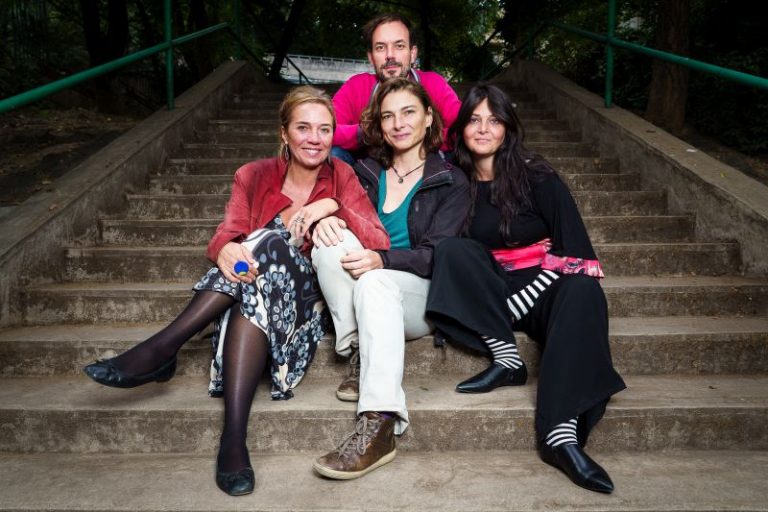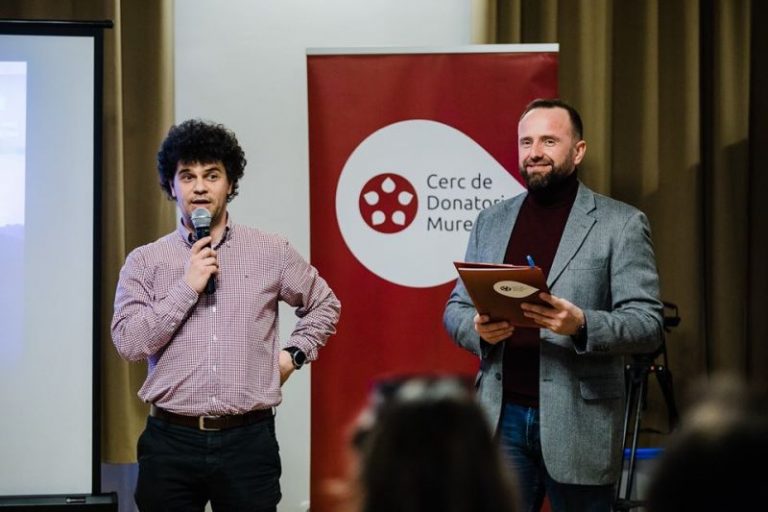Hungarian Community Foundations at a turning point
Community Foundations in Hungary have reached an exciting milestone. On the one hand, three new foundations have emerged this year from the Community Foundation Support Programme’s set-up process, each with a unique identity and ambitions. On the other, they and Hungary’s existing community foundation face a changing and in some respects challenging situation. (29 May 2017)
First, they are having to work even harder for funding. The Hungarian government has cut the money going to the non-profit sector by about one-quarter, and what remains tends to go to a fairly narrow group of organizations. This has caused many NGOs to turn to the public for donations, which has in turn driven an increasing professionalism.
The Ferencváros Community Foundation, for example, has held high-profile events and campaigns, and meaningful engagement with residents.
This engagement has helped it to establish solid roots in its dynamic Budapest neighbourhood: in 2016, 85 per cent of its income came from local sources.
The number of volunteers, donors and relationships with locals, SMEs and institutions increased substantially too. With a ten-fold growth in income over five years, it has developed during a time of economic stagnation, against the backdrop of an increasingly centralized state.
This brings us to another ‘pressure point’. The climate for civil society has changed. The government’s anti-NGO attitude creates new societal divisions between those who believe that NGOs are mechanisms for meddling in politics and representing ‘foreign’ interests, and those who recognize the sector as a social force creating a better world. NGOs are trying to communicate to both camps about what they do and how they contribute to society.





